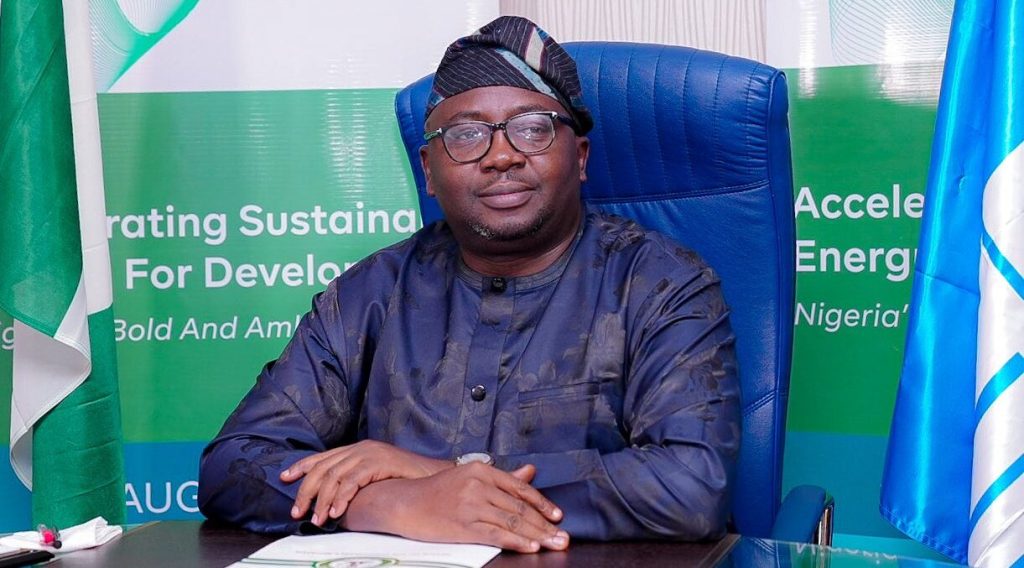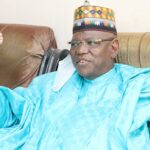
The Federal Government has revealed that a targeted electricity subsidy is being developed to protect vulnerable households while ensuring the long-term commercial viability of the power sector.
Minister of Power, Adebayo Adelabu, disclosed this at the Nigeria Energy Forum held on Tuesday in Lagos.
Adelabu said the government will also introduce a minimum capital adequacy requirement for distribution companies (DisCos) during their licence renewal process to strengthen liquidity and improve service delivery.
The minister added that Nigeria has begun exporting locally produced solar panels to Ghana.
He explained that a national programme to accelerate grid expansion and modernisation under the Presidential Power Initiative (PPI) is ongoing.
According to him, Phase Zero of the PPI has delivered over 700MW of additional transmission capacity, while Phase One, expected to add 7,000MW, is underway, with contracts signed with Siemens Energy, CMEC, Elswedy Electric, and Power China.
Adelabu also confirmed the successful integration of the 700MW Zungeru Hydropower Plant into the national grid, which raised average generation capacity to 5,300MW in 2024, up from 4,200MW in 2023.
He said the Federal Government has completed the unbundling of the Transmission Company of Nigeria (TCN) into the Nigerian Independent System Operator (NISO) and the Transmission Service Provider (TSP), a reform he described as “long overdue and vital to grid efficiency.”
To close metering gaps, the minister said N700 billion has been secured from the Federation Account Allocation Committee (FAAC) under the Presidential Metering Initiative (PMI) to deploy 1.1 million meters by the end of 2025, and 2 million meters annually for the next five years.
He added that this effort complements the 3.2 million meters being procured through the World Bank’s Distribution Sector Recovery Programme (DISREP).
Adelabu revealed that the federal government is mobilising over $2 billion through facilities such as the $750 million World Bank DARES programme, the $500 million NSIA RIPLE platform, and the $190 million JICA fund to drive renewable energy expansion and increase power access across rural and underserved communities.
He said the ministry recently upgraded training infrastructure at the National Power Training Institute of Nigeria (NAPTIN), with new workshops, simulation tools, and hostel facilities to enhance capacity building.
“With over 10 gigawatts of stranded generation capacity, we are open to strategic partnerships to mobilise the investments required to unlock this potential,” he said.
The article was originally published on Politics Nigeria.

